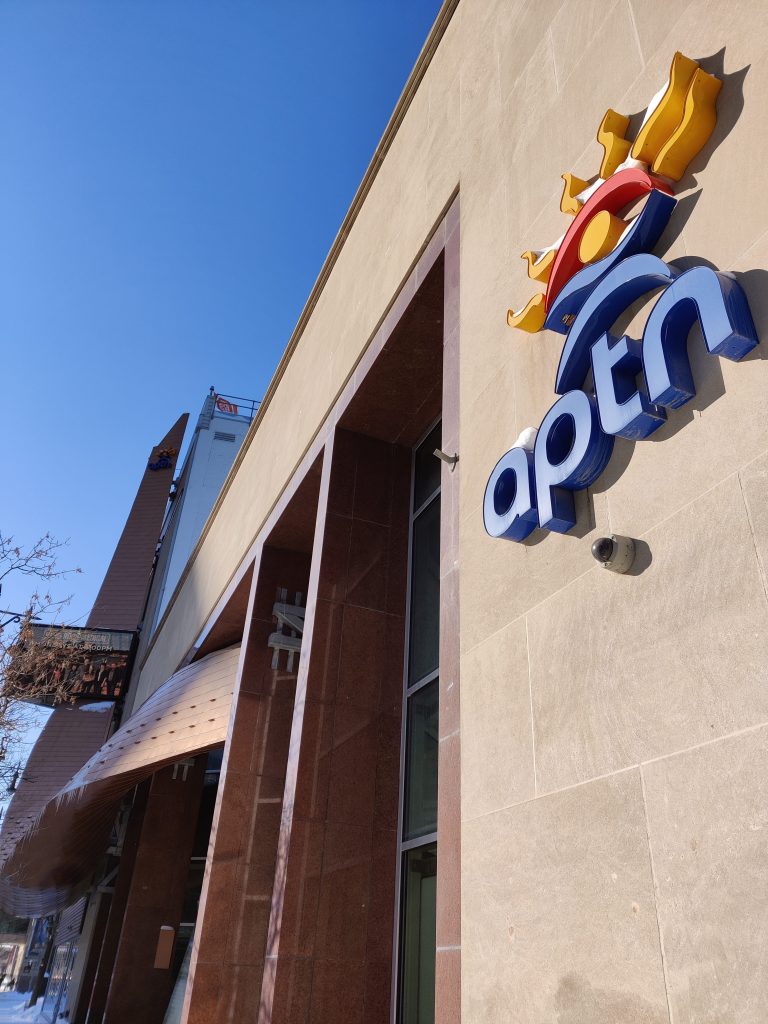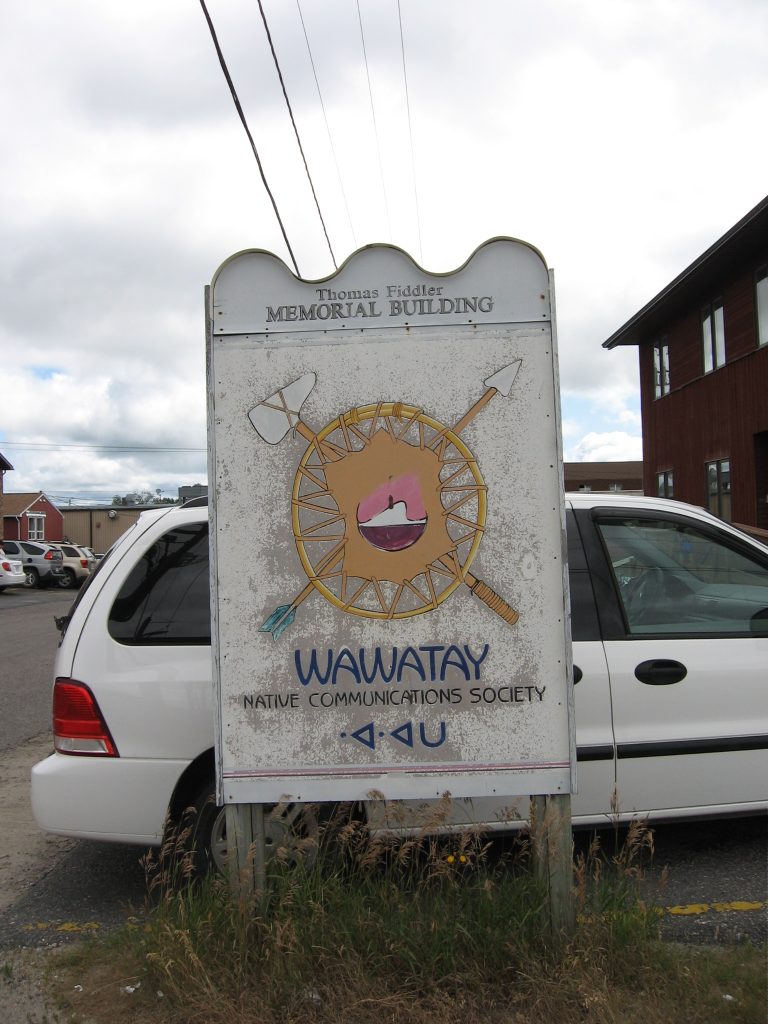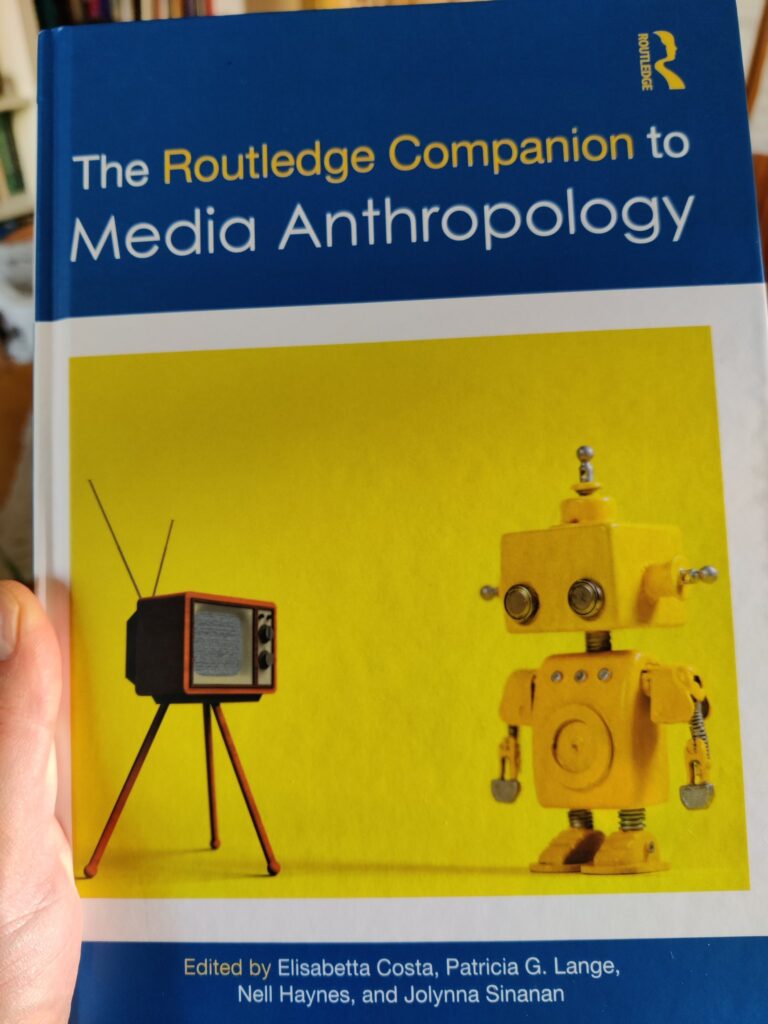Budka, P. (2022). Indigenous media: Anthropological perspectives and historical notes. In E. Costa, P. G. Lange, N. Haynes & J. Sinanan (Eds.), The Routledge Companion to Media Anthropology. New York & London: Routledge.
Abstract
Indigenous people have been appropriating media technologies for decades to communicate within and outside their communities, to resist outside domination and for self-determination. This chapter traces developments in the anthropological study of Indigenous media, particularly since the 1990s when research in this field co-contributed to the widening area of media anthropology.
After reviewing conceptualisations of cultural activism and social change in the context of Indigenous media engagements, it analyses the Indigenization of media by considering locally specific practices of media appropriation, global processes of identity-making and the technological and infrastructural dimension of media projects.
By drawing on ethnographic examples from the anthropological literature and from the author’s fieldwork in Canada, the chapter argues that there is a strong sense of sociopolitical activism and agency in Indigenous people’s collective engagements with media. At the same time, Indigenous people’s media practices are related to mundane necessities of everyday communication, social networking, family bonding or individual self-expression.
This chapter concludes that media technologies have become an important part of Indigeneity, as a global idea and as a relational practice of collective identity formation, which coexists with the sense of belonging to a distinct local Indigenous community.


